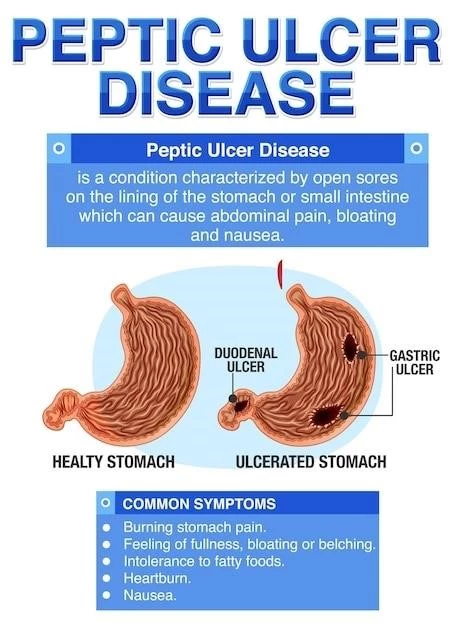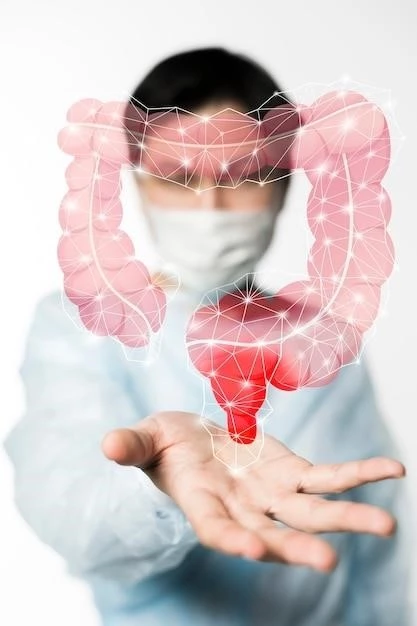Introduction to Rectal Neoplasm
Rectal cancer is a disease where malignant cells develop in rectal tissues. The rectum is part of the digestive system.
Definition of Rectal Neoplasm
A rectal neoplasm refers to an abnormal growth in the rectum, which is part of the digestive system. Neoplasms can be benign or malignant, with potential to develop into cancerous tumors. It is essential to understand the nature of these growths for proper diagnosis and treatment.

Understanding Rectal Neoplasm
Rectal cancer is a disease affecting the tissues of the rectum, a vital part of the digestive system. Learn more about its causes, symptoms, and treatment options to tackle this condition effectively.
Colon and Rectal Cancers
Colon and rectal cancers are common types of gastrointestinal malignancies with distinct characteristics and risk factors. Understanding the differences between these cancers is crucial for appropriate management and treatment decisions. Educate yourself on the specifics of colon and rectal cancers to navigate the diagnostic and treatment process effectively.
Rectal Neoplasms Prognosis
Understanding the prognosis of rectal neoplasms is crucial for effective treatment planning. While rectal neuroendocrine tumors tend to have a favorable outlook, early detection and appropriate management are key in addressing potential malignant transformation. Stay informed about the prognosis of rectal neoplasms to make informed decisions regarding your health.
Symptoms and Diagnosis
Recognize signs like rectal bleeding, changes in bowel habits, and abdominal discomfort. Early diagnosis is crucial.
Signs and Symptoms of Rectal Cancer
Rectal cancer can present various symptoms including rectal bleeding, changes in bowel habits, and abdominal discomfort. Recognizing these signs early is key to prompt diagnosis and effective treatment. If you experience any of these symptoms, consult a healthcare professional immediately for proper evaluation.
Diagnostic Procedures for Rectal Neoplasm
Diagnostic procedures for rectal neoplasms involve various imaging tests like MRI for local staging. Endoscopic methods such as anoscopy play a crucial role in identifying rectal abnormalities. Early detection through these diagnostic techniques is essential for effective treatment outcomes. Consult a healthcare provider for proper evaluation and diagnosis.
Treatment Options
Seek expert advice on treating rectal neoplasms, considering various options like surgery, chemotherapy, and radiation therapy.
Treating Stage 0 Rectal Cancer
Stage 0 rectal cancers typically necessitate removal or destruction of the cancerous growth. Procedures like polypectomy, local excision, or transanal resection are common treatments for managing this early stage of rectal cancer. It is crucial to consult healthcare professionals for personalized advice and treatment options.
Locally Advanced Rectal Cancer Treatment
Effective treatment options for locally advanced rectal cancer aim at both curing the disease and preserving normal bowel function to enhance quality of life. Consult healthcare providers to explore personalized treatment plans that may involve a combination of therapies such as surgery, radiation, and chemotherapy.
Risk Factors and Prevention
Identify risk factors like family history and lifestyle habits. Take preventive measures to reduce rectal neoplasm risks.
Rectal neoplasms risk factors include family history, inflammatory bowel disease, age, and lifestyle choices such as diet and physical inactivity. Understanding these factors can help individuals make informed decisions to reduce their risk of developing rectal neoplasms. Consult with healthcare professionals for personalized risk assessments and preventive strategies.
Factors Increasing Rectal Neoplasm Risk
Various risk factors contribute to an increased risk of rectal neoplasms, including family history, age, inflammatory bowel disease, and certain lifestyle factors like diet and physical inactivity. Understanding and addressing these risk factors can help in minimizing the likelihood of developing rectal neoplasms. Consult with healthcare professionals for personalized guidance on risk reduction strategies.

Latest Research and Developments
Stay informed about the latest advancements in the detection of colorectal cancer using blood tests and ongoing studies on tumor-specific drug therapies. Keeping up-to-date with research can help in making informed healthcare decisions.
Preventive Measures for Rectal Neoplasm
Engage in preventive measures to reduce the risk of developing rectal neoplasms. This may include maintaining a healthy lifestyle, regular physical activity, a balanced diet rich in fiber, and avoiding known risk factors. Regular screenings and consultations with healthcare providers can also aid in early detection and prevention strategies. Stay proactive in managing your overall health to lower the chances of rectal neoplasms.
Current Studies on Colorectal Tumor Drugs
Stay informed about ongoing research on new drugs for treating colorectal tumors, as continuous advancements in tumor-specific therapies offer promising avenues for managing rectal neoplasms effectively. Keeping updated on current studies can help individuals understand the evolving treatment options available for colorectal cancer.
Lifestyle Impact and Support
Implement dietary recommendations and seek support systems to manage the challenges of rectal neoplasm.
Dietary Recommendations for Rectal Cancer Patients
Rectal cancer patients can benefit from specific dietary recommendations to support their overall health during treatment. These recommendations may include incorporating fiber-rich foods, maintaining proper hydration, and consuming a balanced diet to optimize nutritional intake. Consulting with a healthcare provider or a dietitian can provide tailored dietary guidance for managing rectal cancer effectively.
Support Systems for Individuals with Rectal Neoplasm
Individuals dealing with rectal neoplasms can benefit from various support systems that offer emotional support, guidance, and resources. Support groups, counseling services, and healthcare professionals knowledgeable about rectal cancer can provide valuable assistance in coping with the challenges of the disease. Connecting with these support systems can enhance overall well-being and help navigate the journey of managing rectal neoplasm.
